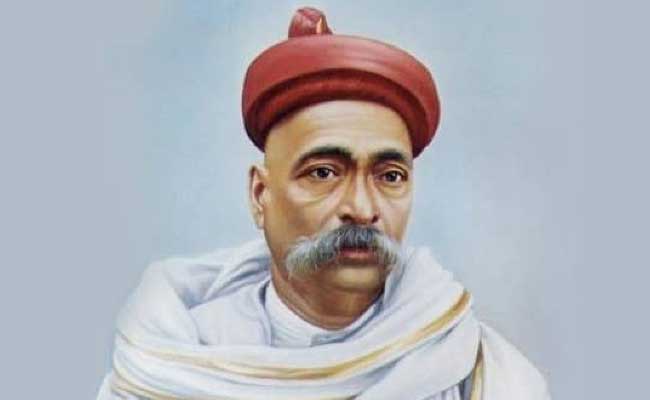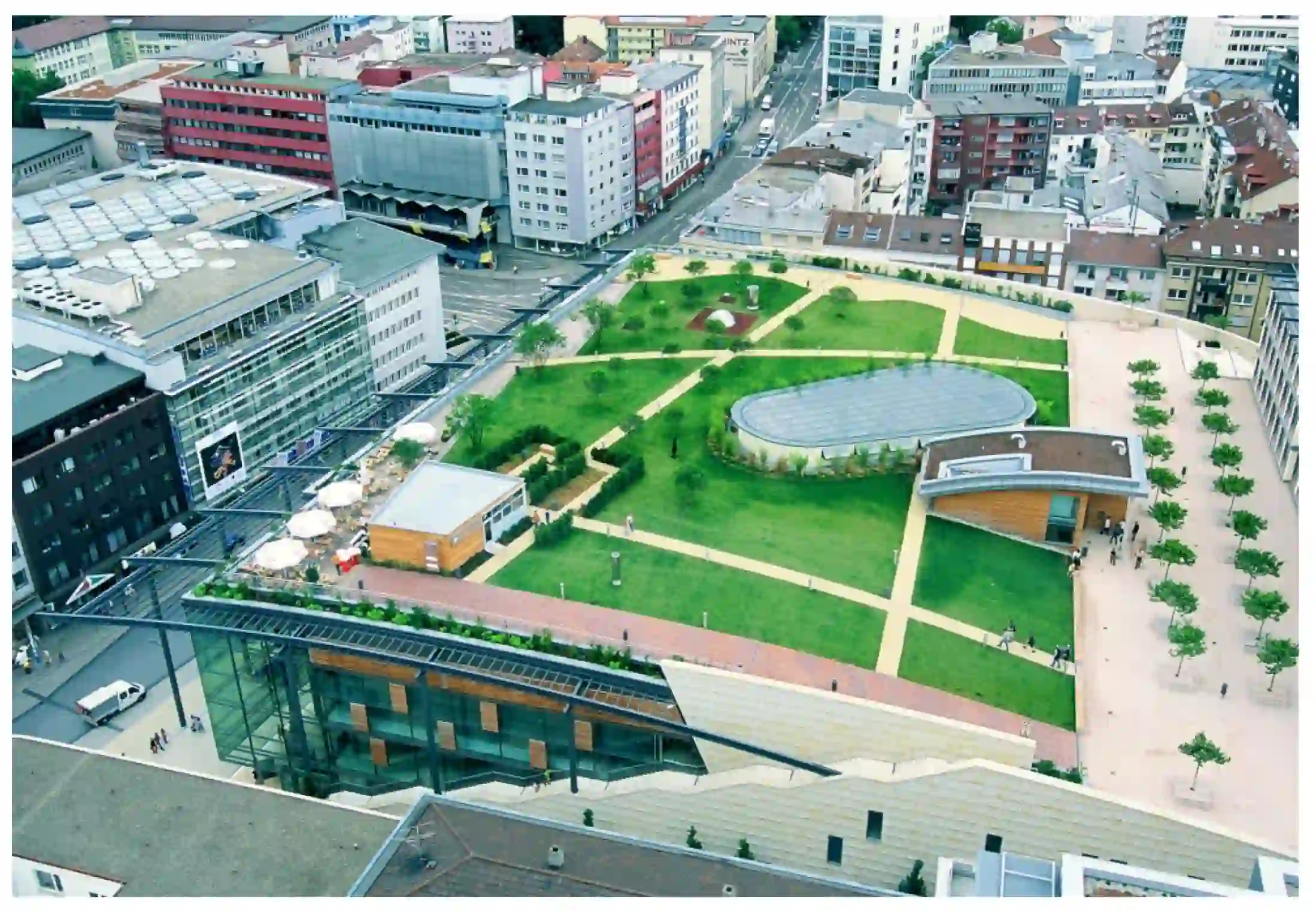Bal Gangadhar Tilak, also known as Lokmanya Tilak, was a prominent figure in the Indian independence movement during the British Raj. He was a fierce nationalist, social reformer, and an intellectual who contributed immensely to the Indian freedom struggle. Born on July 23, 1856, in Ratnagiri, Maharashtra, Tilak played a significant role in the development of the Indian nationalist movement in the early 20th century. In this article, we will explore the life and legacy of Bal Gangadhar Tilak.
Early Life and Education
Tilak was born to a Chitpavan Brahmin family in Ratnagiri, a coastal town in Maharashtra. His father, Gangadhar Ramchandra Tilak, was a schoolteacher, and his mother, Parvati Bai, was a religious and pious woman. Tilak received his early education in Ratnagiri and later moved to Pune for further studies. He graduated from Deccan College in 1877 and pursued law at the Government Law College, Mumbai.
During his college days, Tilak was greatly influenced by the social and political reforms that were taking place in India. He was an ardent supporter of Swami Dayananda Saraswati’s Arya Samaj, which aimed at reforming Hindu society by advocating the principles of Vedic religion. Tilak was also inspired by the Indian National Congress and its goal of achieving self-rule for India.
Early Political Career
Tilak’s political career began in 1880 when he joined the Poona Sarvajanik Sabha, a social reform organization that aimed to promote the welfare of the masses. He used this platform to advocate for Indian self-rule and to address issues such as untouchability, education, and sanitation. Tilak was a firm believer in the power of the press and started two newspapers, Kesari and Maratha, to spread his message.
Tilak’s leadership skills and oratory skills soon made him a prominent figure in the Indian nationalist movement. He played a leading role in the Indian National Congress and was elected as its president in 1893 and 1907. During his tenure as president, Tilak advocated for Swaraj or self-rule for India and promoted the use of Indian languages and traditions.
Contribution to Indian Freedom Struggle
Tilak’s contribution to the Indian freedom struggle was immense. He was a staunch advocate of Swadeshi or the use of Indian-made products, which aimed at reducing India’s dependence on British goods. He started the Swadeshi Movement in 1905, which encouraged Indians to boycott British goods and to promote indigenous industries.
Tilak was also a firm believer in civil disobedience and non-cooperation as a means of protesting against British rule. He encouraged Indians to resist British policies and laws that were detrimental to Indian interests. Tilak’s slogan “Swaraj is my birthright, and I shall have it” became a rallying cry for the Indian independence movement.
Tilak’s contribution to Indian nationalism was not limited to politics. He was a prolific writer and wrote extensively on Indian history, culture, and philosophy. His book, “Gita Rahasya,” is a commentary on the Bhagavad Gita and is regarded as one of the most influential works on Hindu philosophy.
Trial and Imprisonment
Tilak’s nationalist activities soon brought him into conflict with the British authorities. In 1897, he was arrested for his criticism of the British government’s handling of the plague epidemic in Pune. He was charged with sedition and sentenced to 18 months in prison.
![]()





